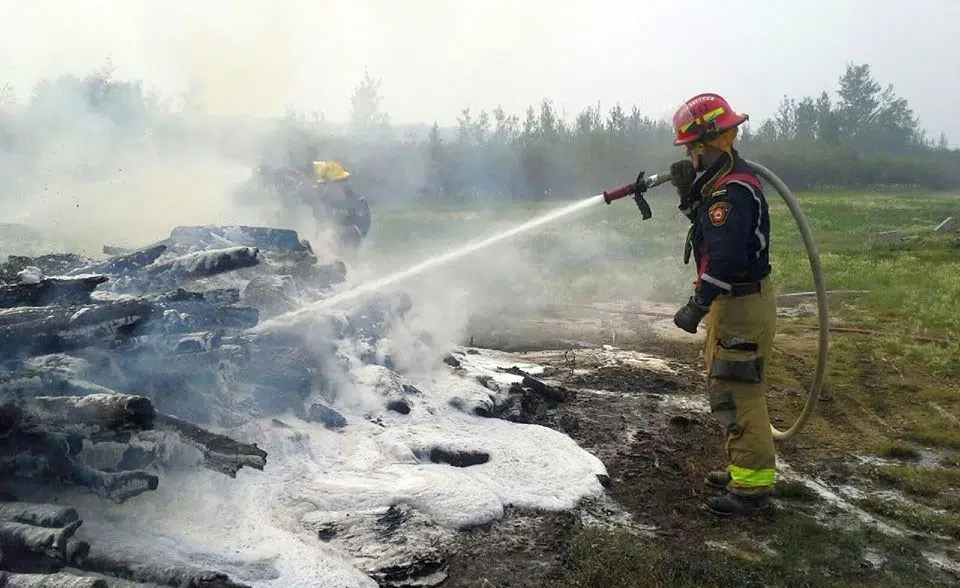
Firefighter raising awareness of first responder PTSD after suicide attempt
MEDICINE HAT, AB – In emergencies, people turn to the brave few of us who decide to run towards danger instead of away from it.
Police, firefighters, EMS, and military are often labelled heroes, but first responders have been found to be at risk of developing post traumatic stress disorder, which can end with tragic consequences.
Luckily for Cypress County firefighter Mike Riggs, he fought to live another day after battling back from a suicide attempt just weeks ago.
